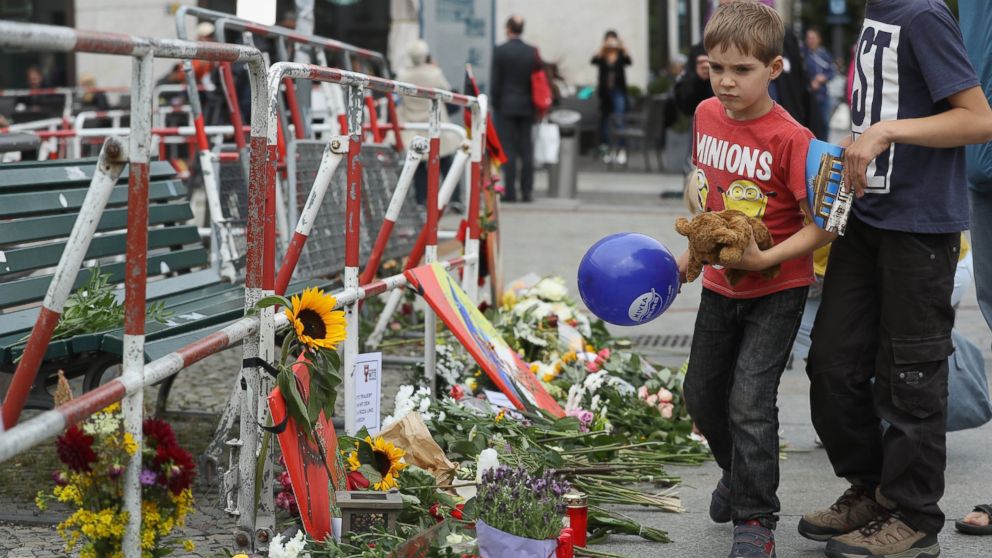How to Talk to Children About Terror Attacks
Experts give advice for families after multiple terror attacks.

— -- With terror attacks hitting multiple countries, from the U.S. to Turkey to Iraq and now France again, the news has been full of horrific images that can be especially upsetting and frightening to children. Thursday's attack in Nice, France, which killed at least 84 people, with multiple children among the dead and wounded, may be particularly stressful to children and parents alike.
Experts say that the way parents discuss frightening news events can be key in reassuring scared children so they don't feel terrorized.
Robin Gurwich, a psychologist at Duke University who is part of the American Psychological Association Disaster Resource Network, American Red Cross and the National Child Traumatic Stress Network, said the key to avoiding trauma was to turn off graphic images and video.
"Whether through social media, television ... those images are coming fast and furious," she said. "What we do know is there’s a strong relationship between stress reactions and watching these images."
Importantly, Gurwich said younger children can be especially susceptible.
"Children may not understand what they’re seeing, so it becomes more frightening," she said, noting that with older children, parents can engage with them to help them make sense of upsetting footage, asking questions such as "What do you think about what you just saw?"
Gurwich said it's important that children feel they can talk to their parents about scary events so that they can be reassured.
"No child needs the gory details," Gurwich said. "But it is important to let them know that people were killed."
She pointed out that if parents avoid the topic completely, children can feel that their parents aren't truthful or that their parents can't cope with disturbing news, which can mean they will be less likely turn to their parents during traumatic events in their lives.
She advised parents to make reassuring statements to children but not give them false promises.
"You can give assurances that I am going to do everything I know how to do to keep people safe," she said. "Unfortunately, we can’t guarantee something can never, ever happen."
Frank Farley, a psychologist at Temple University, said he worries that these kind of events will have a long-lasting effect on young children and make them more risk-adverse than previous generations.
"Historically, America is basically a risk-taking nation. It’s been one of our hallmarks, pushing the envelope, adventure. We’ve gone to the moon, we’re going to Mars," Farley said. "I don’t want to squeeze that out of the youngest generation by instilling fear that’s not needed. It’s a very important lesson with kids -- that the sky is not falling."
He advises parents to avoid going into details about attacks with young children and to avoid being overtly frightened or afraid with older children so they don't feel unsettled.
"Kids will be influenced by a scared and frightened parent," Farley told ABC News. "If the child asks questions, be sure to answer them in a calm way and give a balanced perspective to it."
More information on talking to children about terror incidents can be found on the American Psychological Association website.
Dr. Mary Carr is a general surgery resident at the University of Colorado. She is a medical resident in the ABC News Medical Unit.




